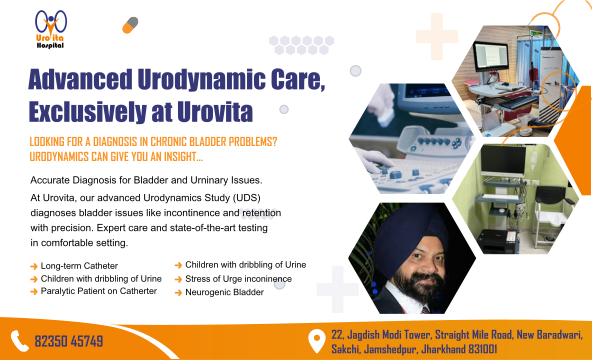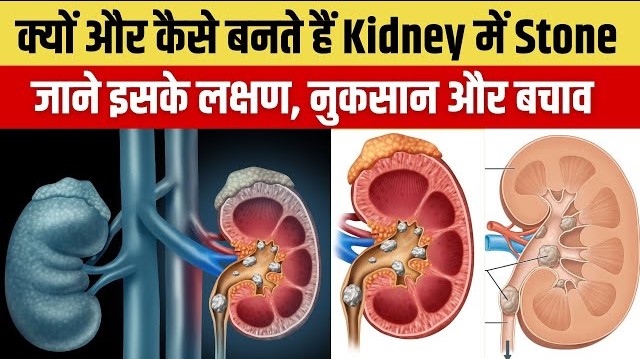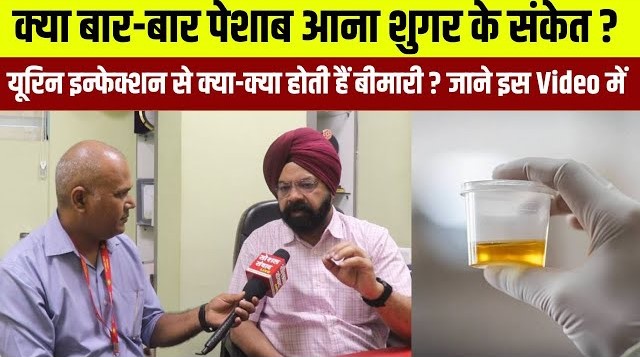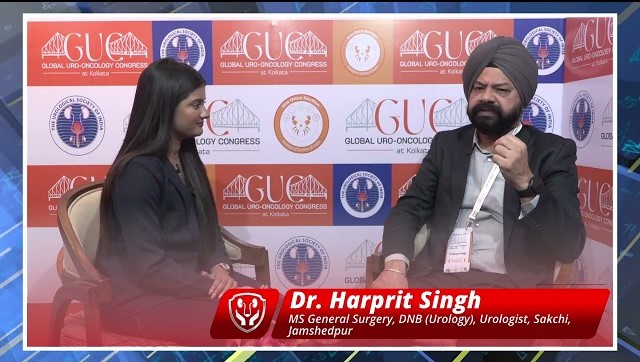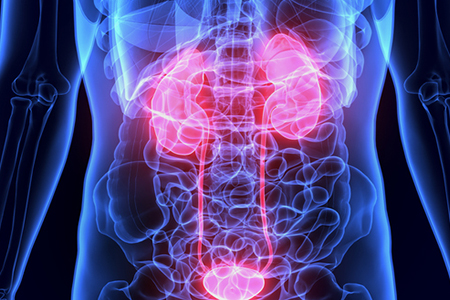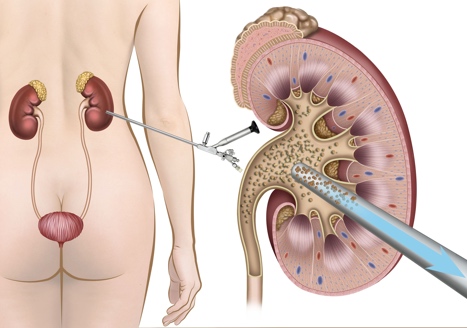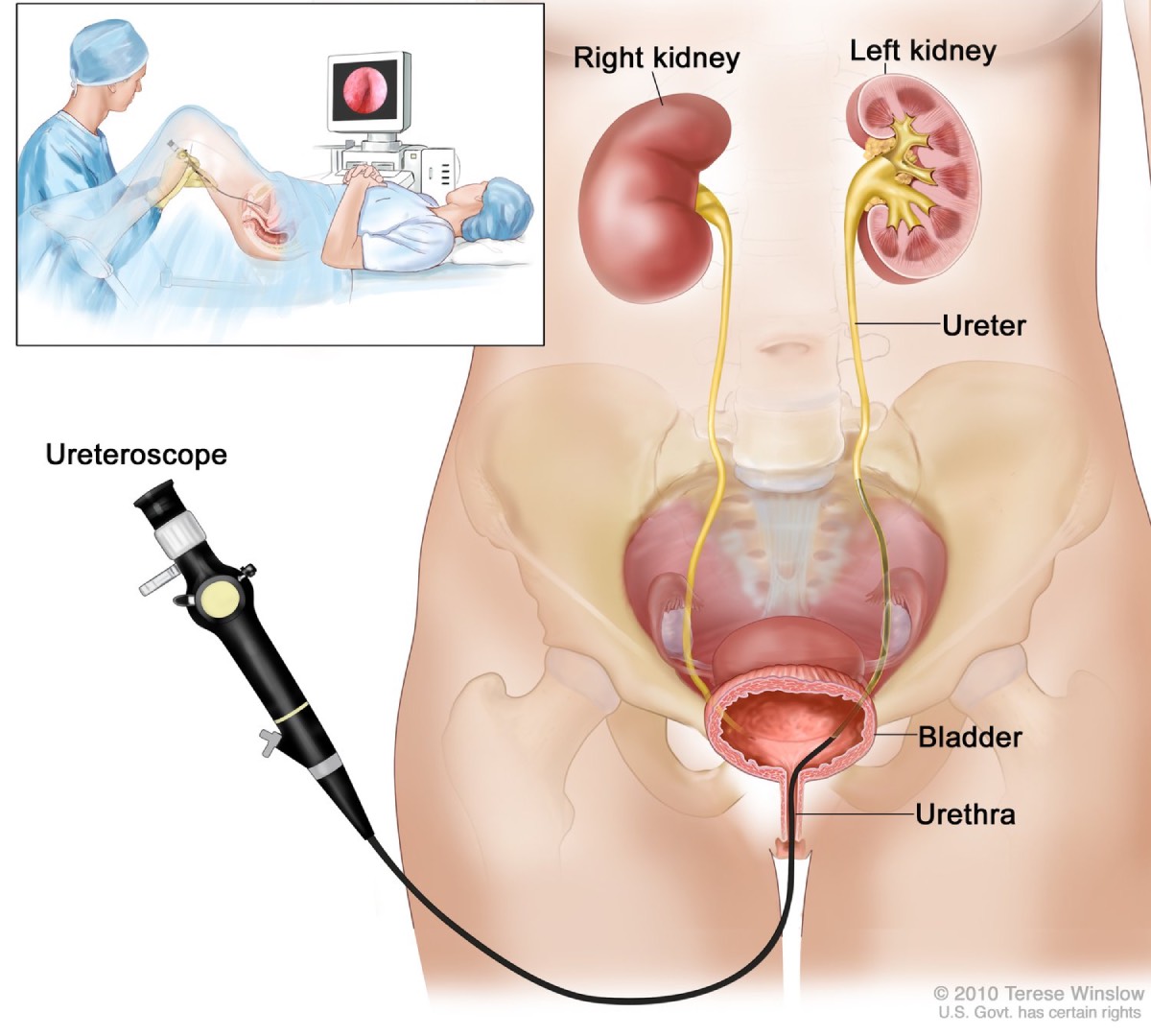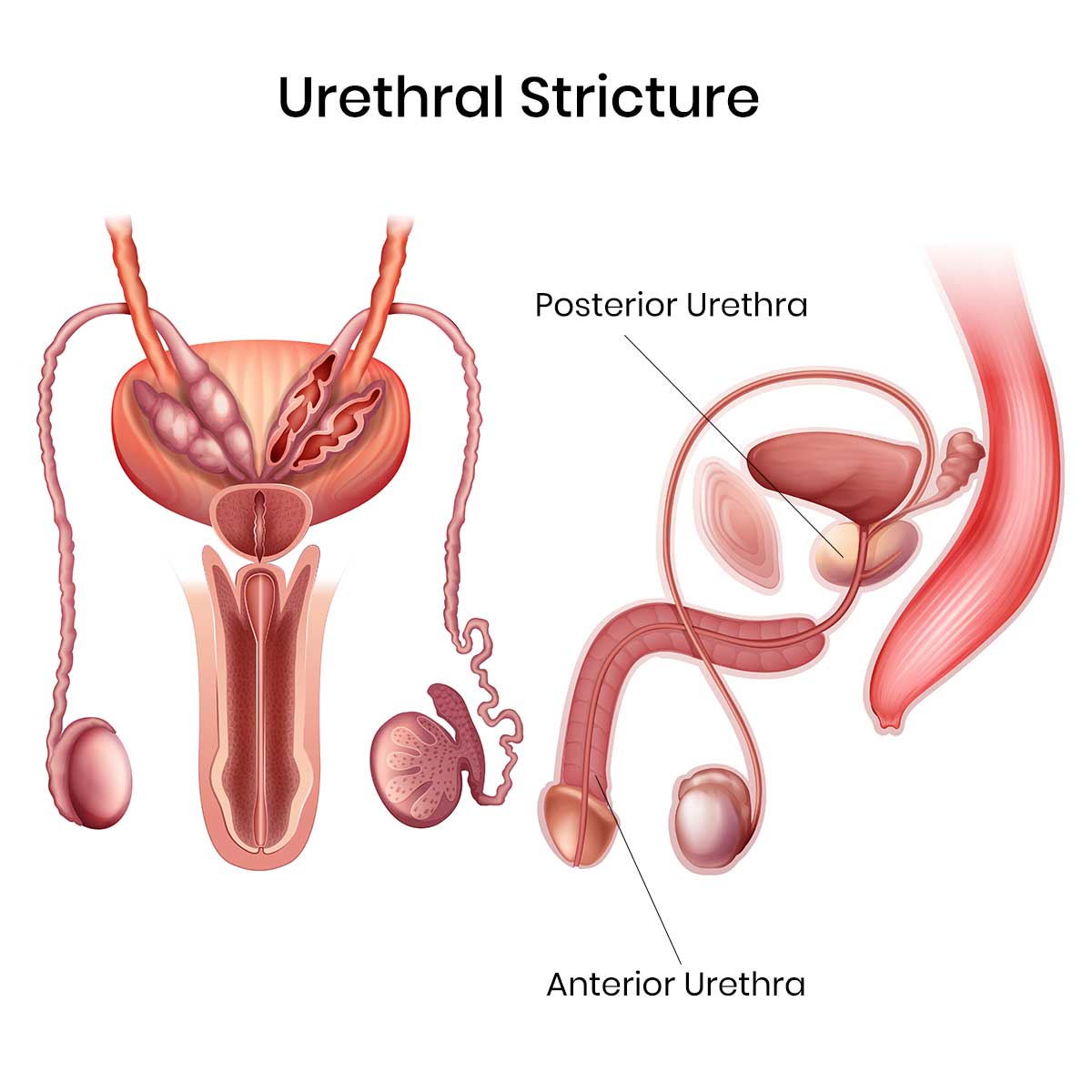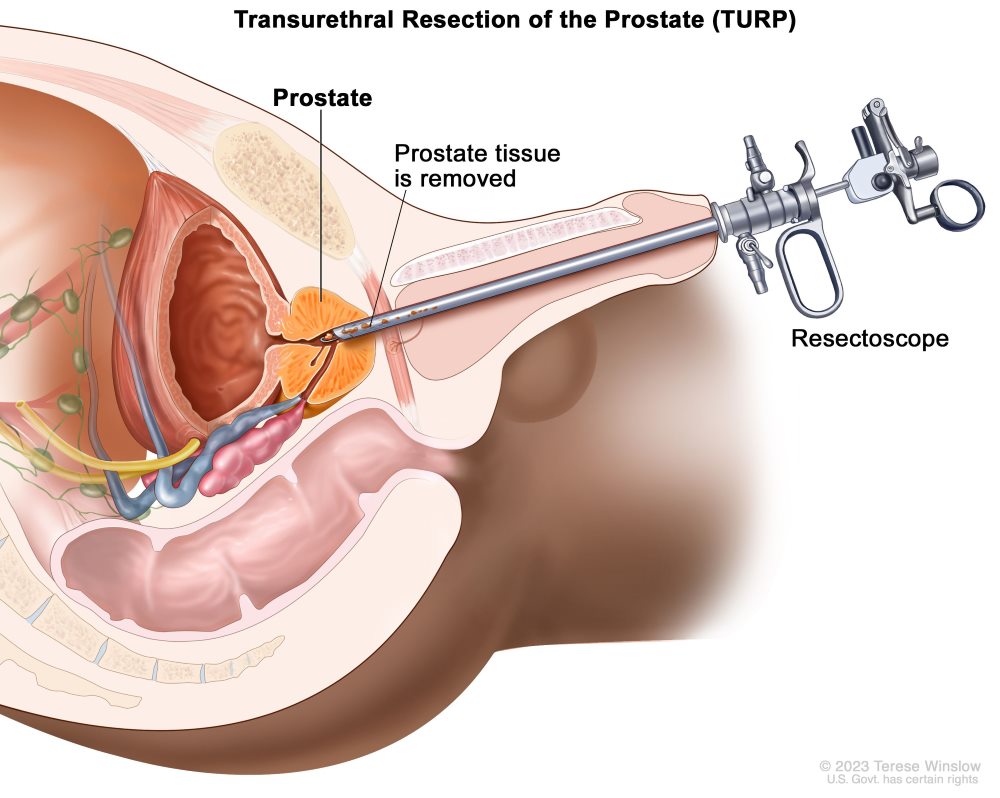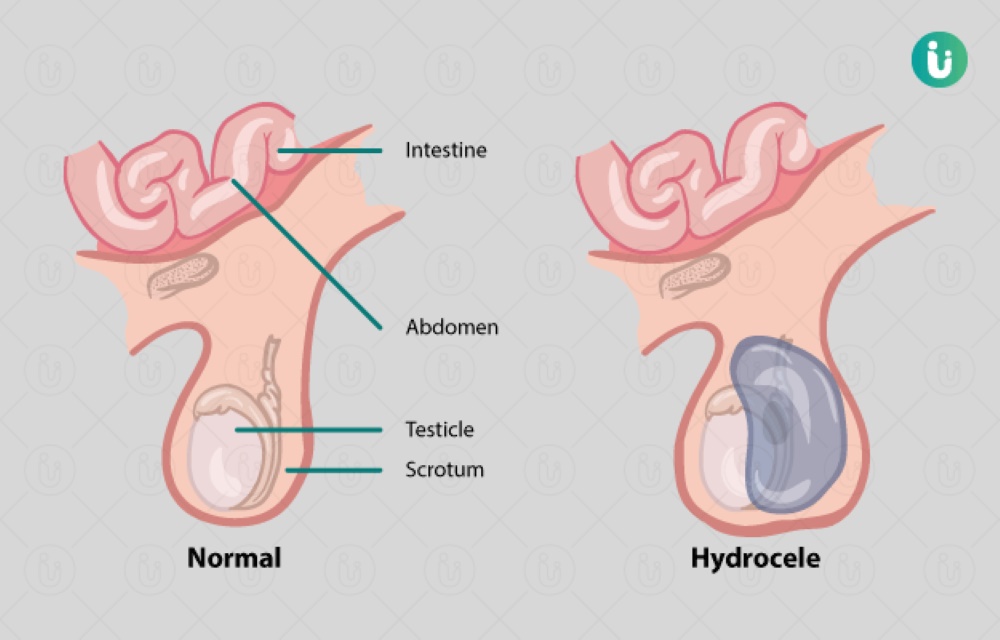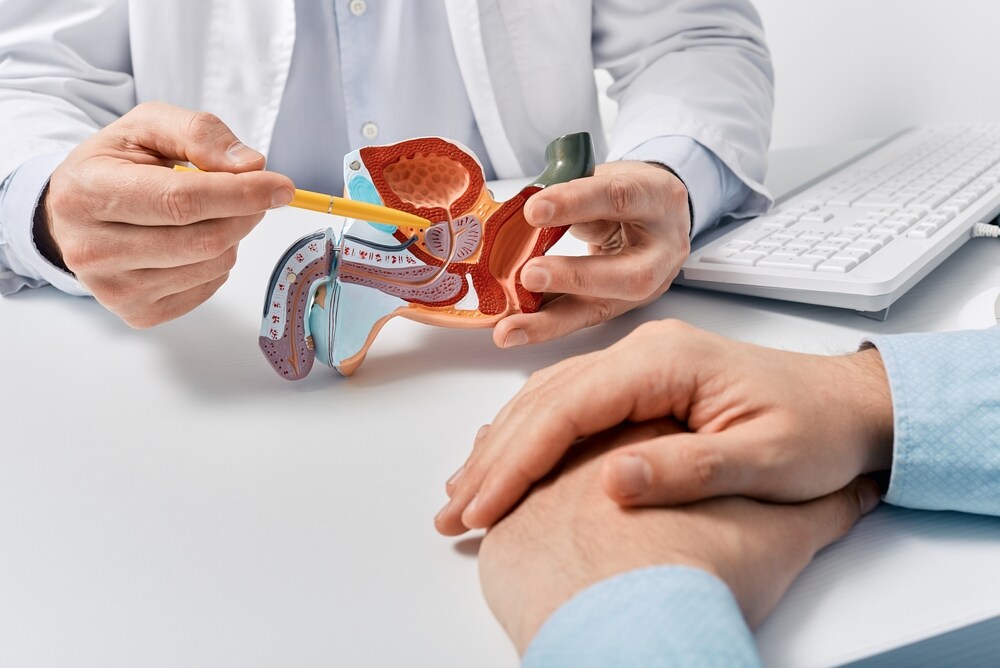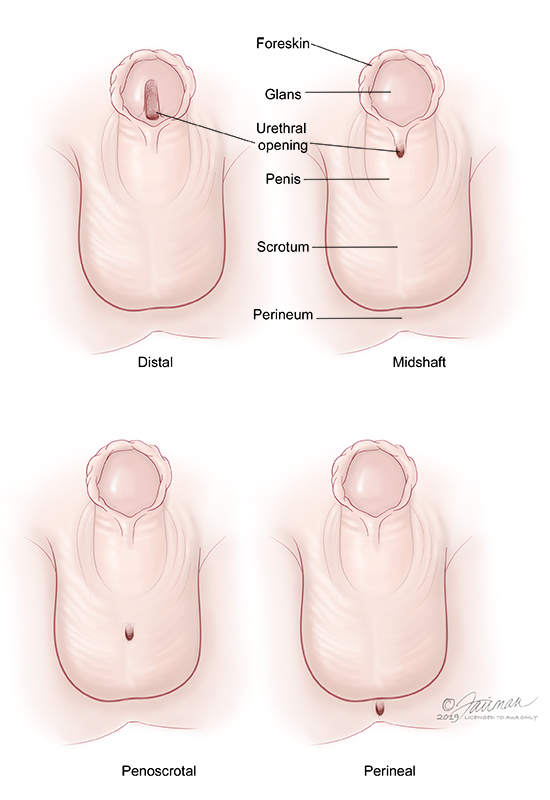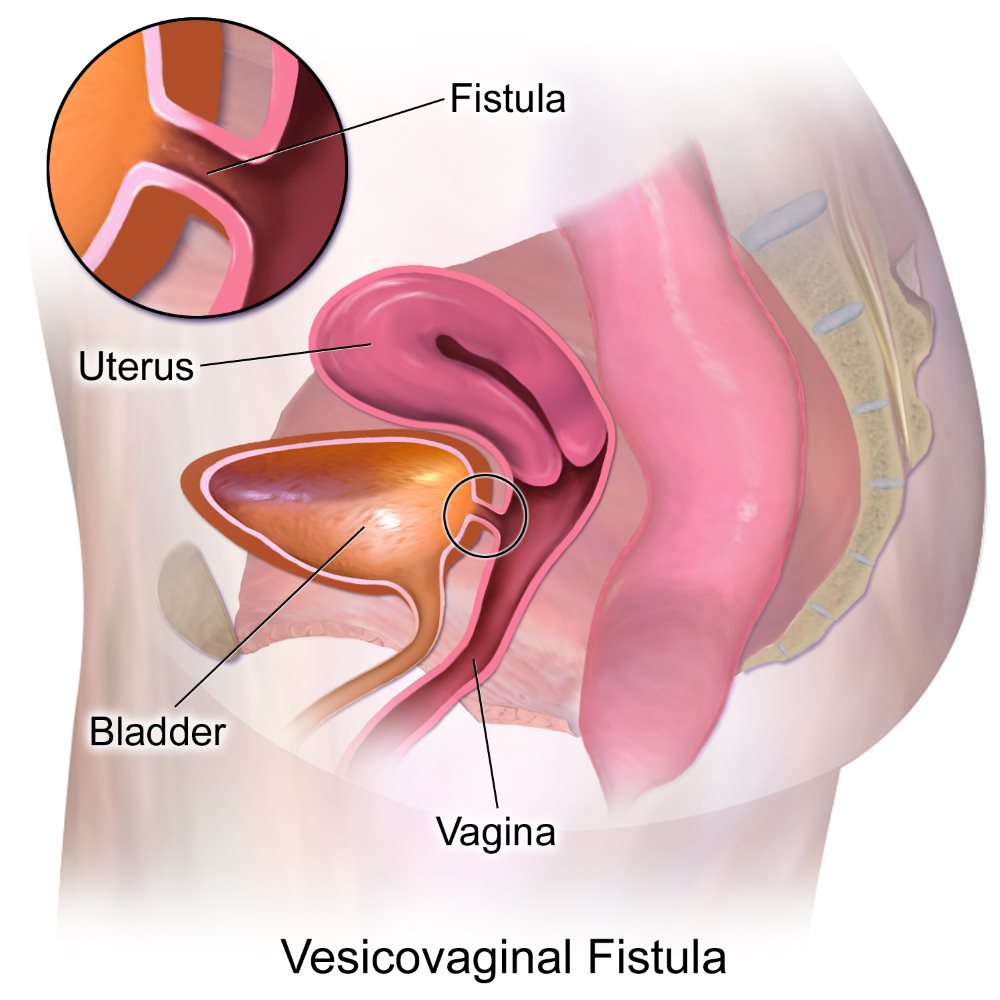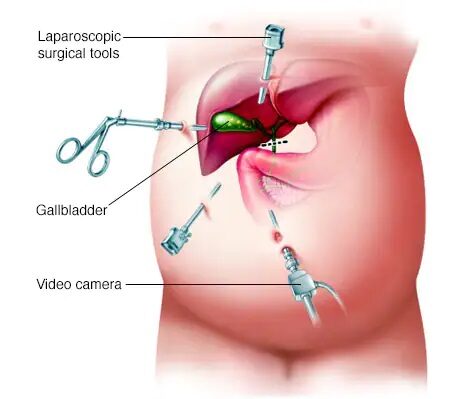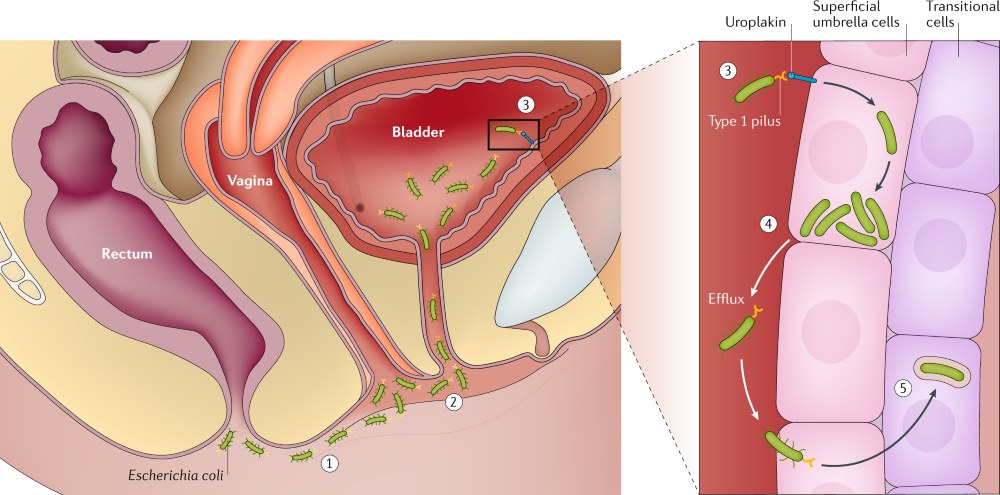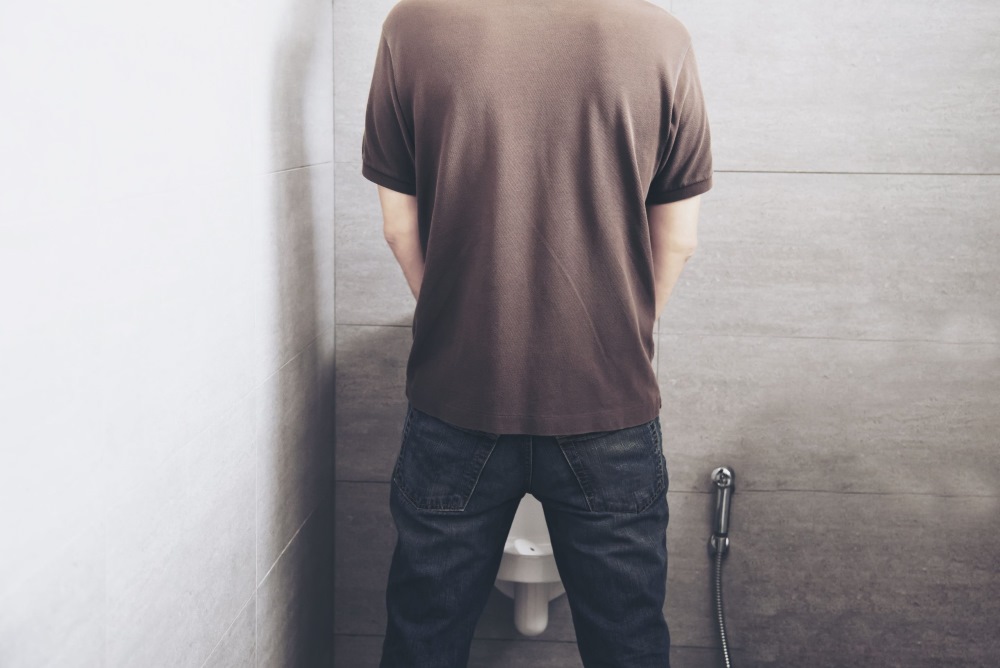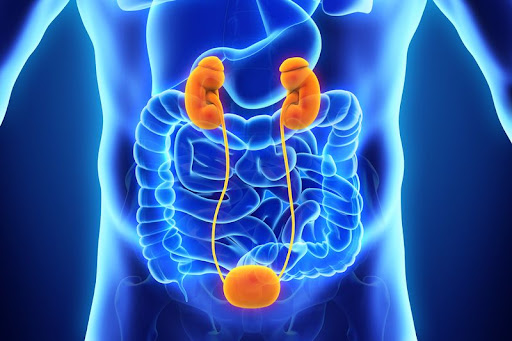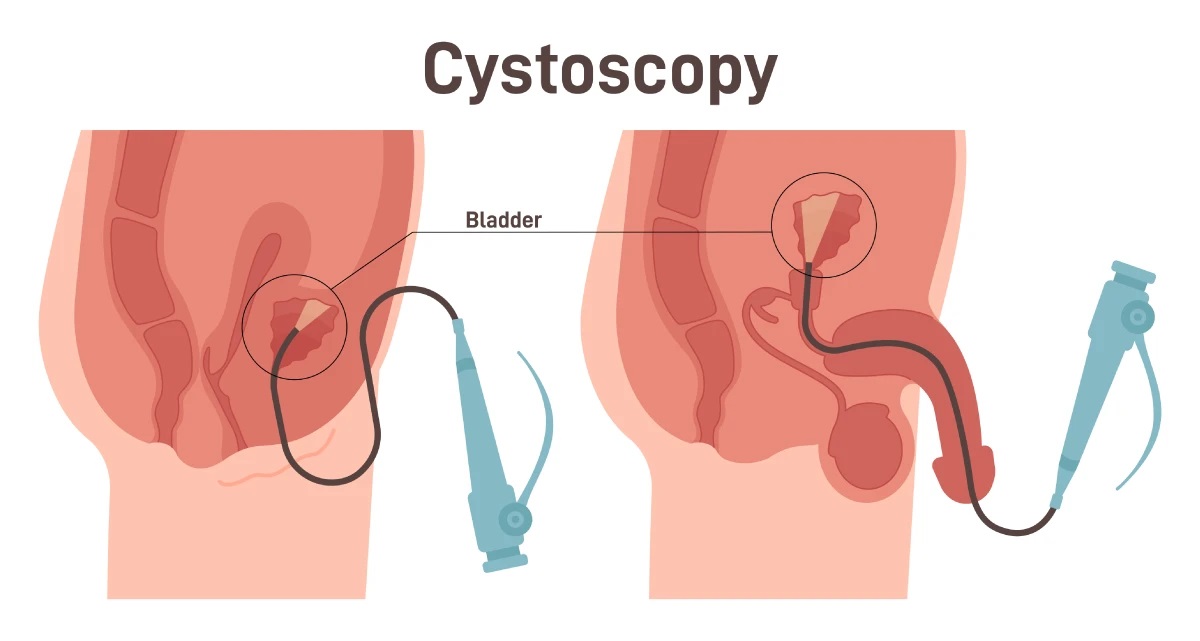Urovita Hospital, jamshedpur
Center of Excellence for Advanced Urological Care
Advance Urological Care & Treatment – Leaders in Kidney Stone, Urine Incontinence, Prostate Treatment, & Male Health care.
Available Urological Treatment
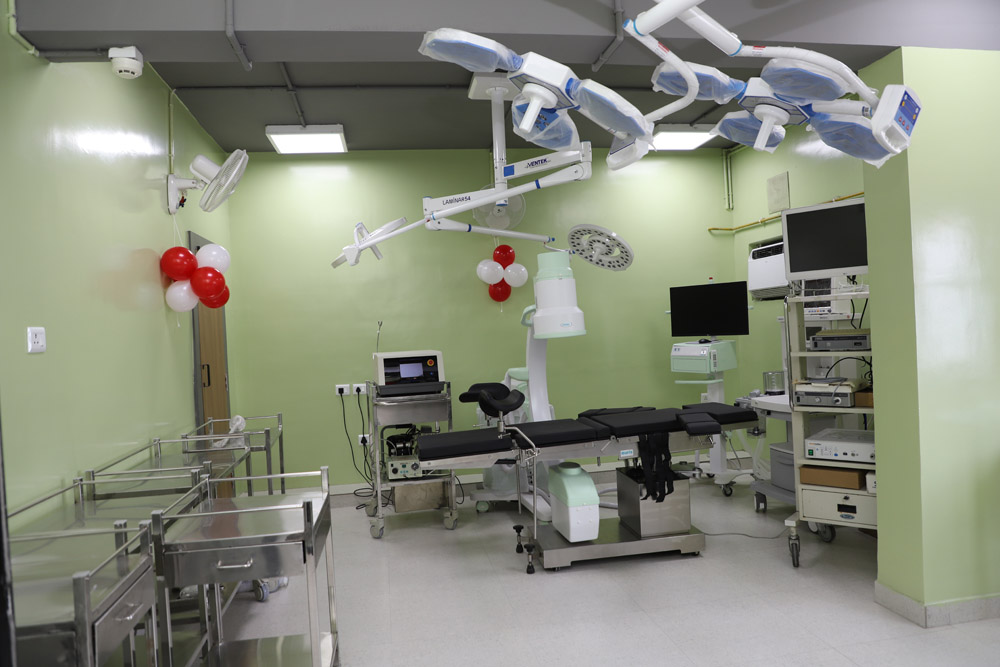
Urodynamics Diagnostic Test In Jamshedpur
Urodynamics Diagnostics Test is a medical procedure used to evaluate how well the bladder, sphincters, and urethra are functioning. It involves a series of tests to measure the pressure and flow of urine in the urinary tract, helping to diagnose and assess various urinary disorders and conditions.
Testimonials
Prepare to be inspired! Watch this incredible 5-star video testimonial from a our patient whose life has been transformed by their journey to health and recovery.
Our dedicated team of skilled professionals is committed to providing world-class medical care to our patients. With state-of-the-art facilities and a patient-centric approach, we ensure personalized treatment plans and compassionate support. At Urovita Hospital, your health and well-being are our top priorities.
Smt. Shanti Ghosh Review Urovita Hospital, Urological Hospital, Jamshedpur
Treated by Dr. Harprit Singh, Urovita Hospital, Jamshedpur.
Shanti Ghosh
In this heartfelt testimonial, Debasish Chakraborty shares his emotional and happy story of battling kidney disease.
Treated by Dr. Harprit Singh, Urovita Hospital, Jamshedpur.
Debasish Chakraborty

We are very fortunate to have met Dr. Harprit who gave lots of time, heard us and made us understand what the problem was.
Dr. Harprit Singh gave us all step by step instructions how to go about the problem.
We are very happy with the advice given by Doctor and would highly recommend anyone to visit him for any urology related problems.
Pushpa Kumari

One of the best urologist in Jharkhand.
His behavior is also very good. My uncle got treated by him.
Thanks a lot sir.
Surjit Paul

One of the best urologist in Jamshedpur. Very humble and genuinely take care of patients.
The best part is the online appointment system.
Thank u so much Dr Harprit Singh sir .
Ayushi Prakash Rudra
About Urovita Hospital
Urovita Hospital is a specialized urological facility offering a range of services. It provides male and female wards with private cabins for patient comfort, surgical facilities specializing in urological procedures, diagnostic services with advanced imaging and lab capabilities, and accommodates both outpatient and inpatient care needs. This hospital is dedicated to comprehensive urological care for patients, ensuring they receive appropriate treatment, surgeries, and diagnostics as required.
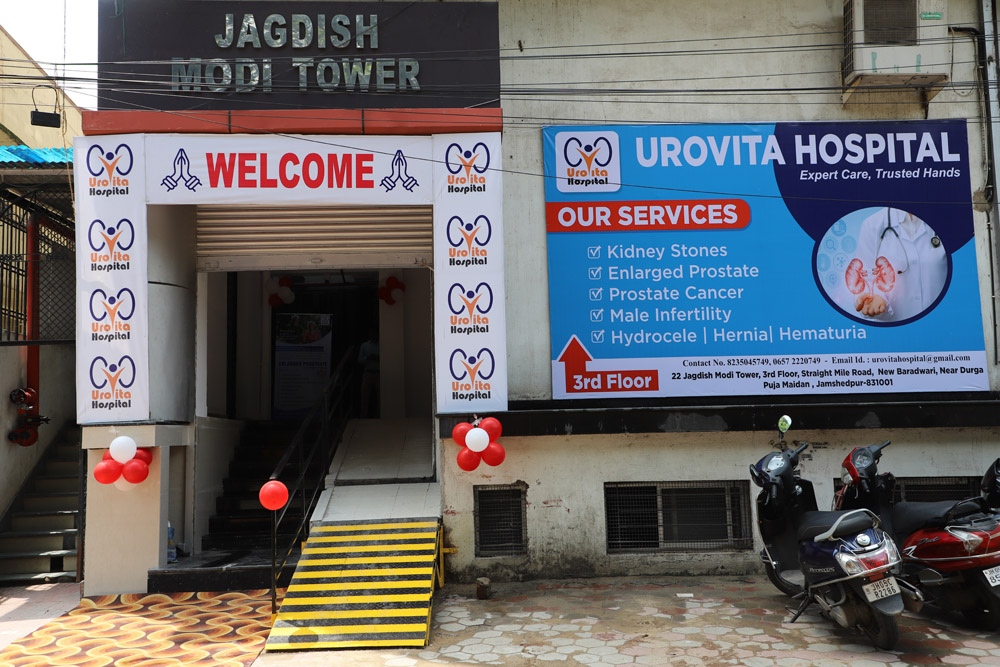
About Dr. Harprit Singh
Dr. Harprit Singh is a trusted Urologist in Sakchi, Jamshedpur. He has been practicing Urology and Andrology for 30 years. He studied and completed MS General Surgery, DNB( Urology) . You can consult Dr. Harprit Singh at Urovita Hospital, Sakchi, Jamshedpur.
Personal Statement
To provide my patients with the highest quality healthcare, I’m dedicated to the newest advancements and keep up-to-date with the latest health care technologies.

Dr. Harprit Singh
Speciality – Urologist
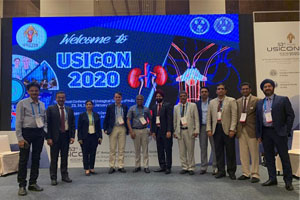
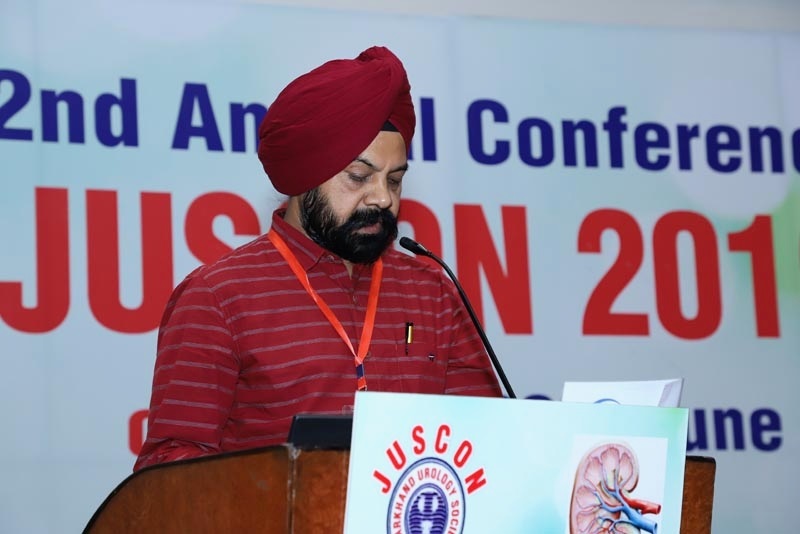
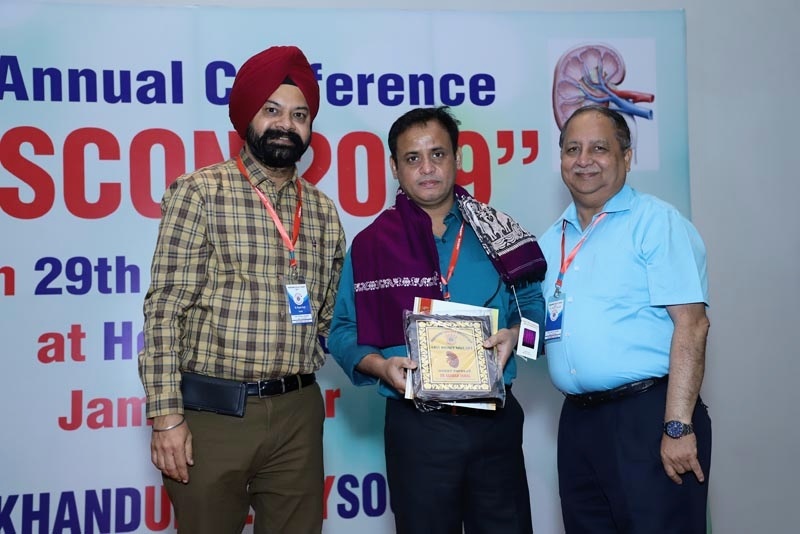
News And Health Tips
The blog on Urology care provides a valuable resource for individuals interested in staying informed about the latest news and health tips in the field of urology. It covers a wide range of topics related to urological health and wellness, offering readers insights into best practices, preventive measures, and emerging trends.
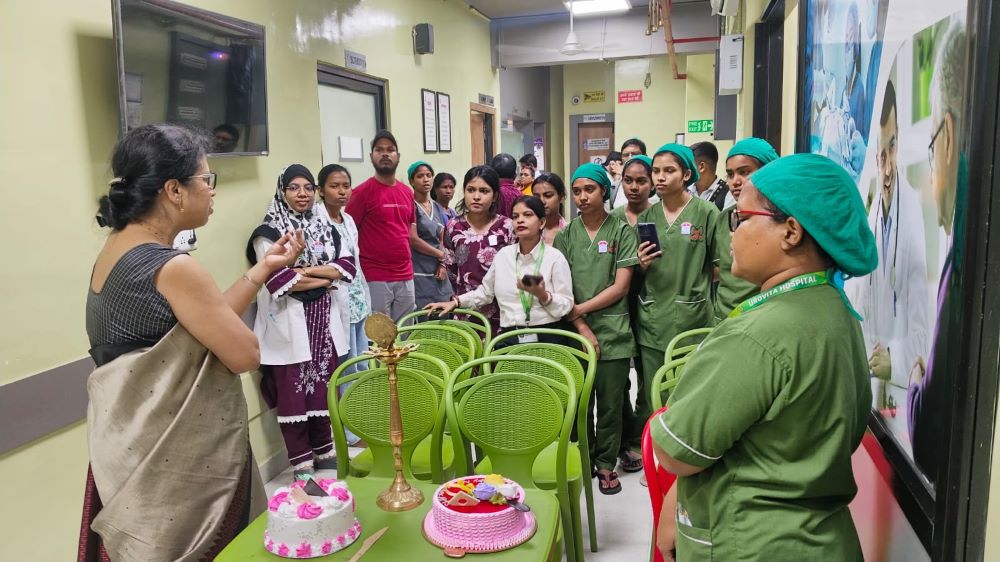
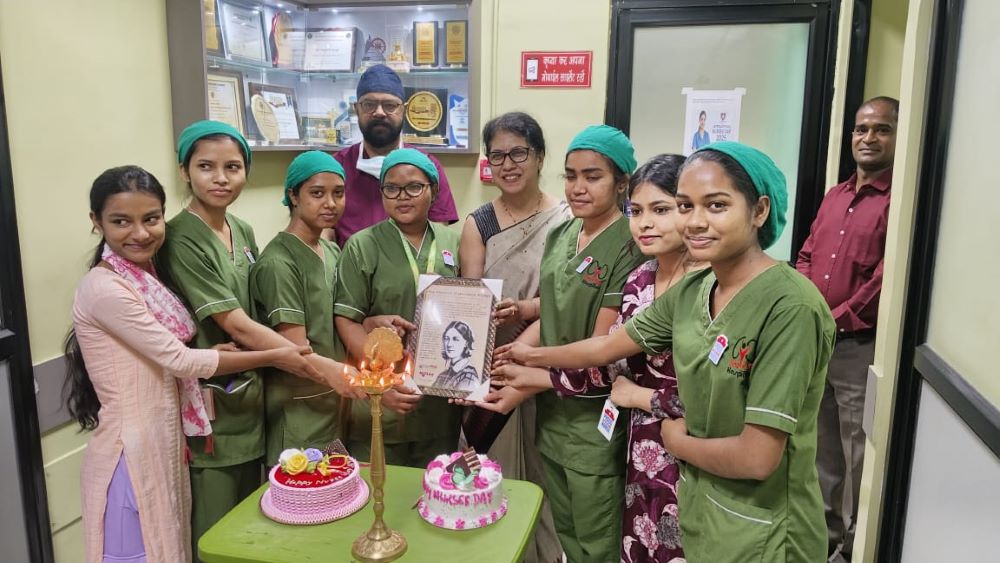
FAQ
Kidney Stone
-
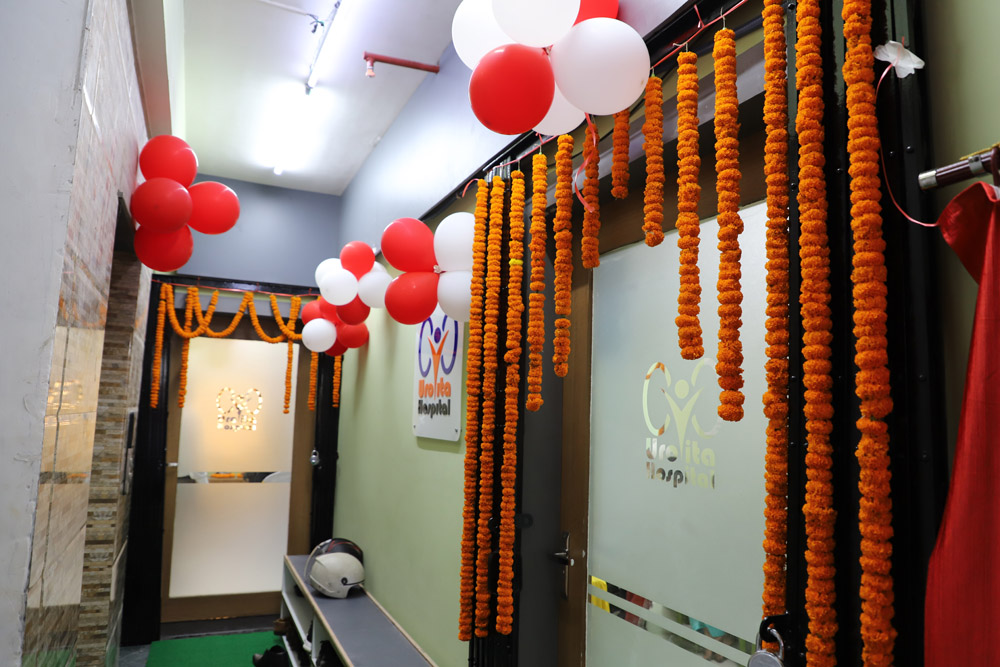
New Advanced Hospital For Urology – Urovita Inaugrated in Jamshedpur.
Today marked an auspicious day for the people of Jamshedpur as a new beacon of hope and healthcare excellence was unveiled in our city.
-
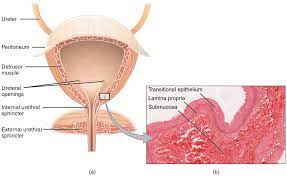
Urinary Incontinence (Ui) Treatment
It’s important to determine the type of urinary incontinence that you have, and your symptoms often tell your doctor which type you have. That information will guide treatment decisions.
-
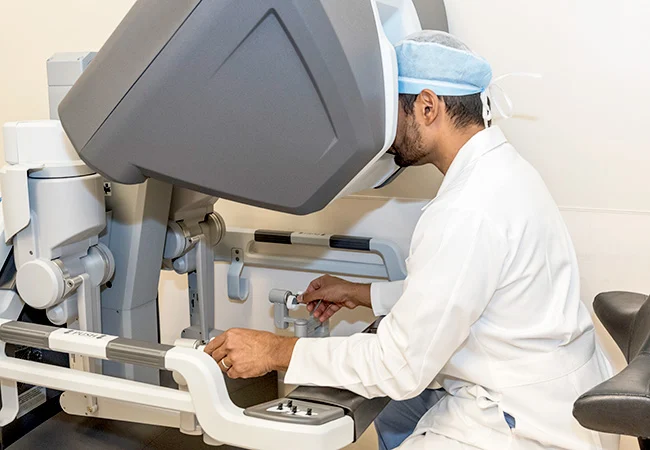
Urology Minimally Invasive Surgery
Minimally Invasive Surgery (MIS) in urology offers several advantages over traditional open surgery, including faster recovery times, shorter hospital stays, and reduced risk of complications.

